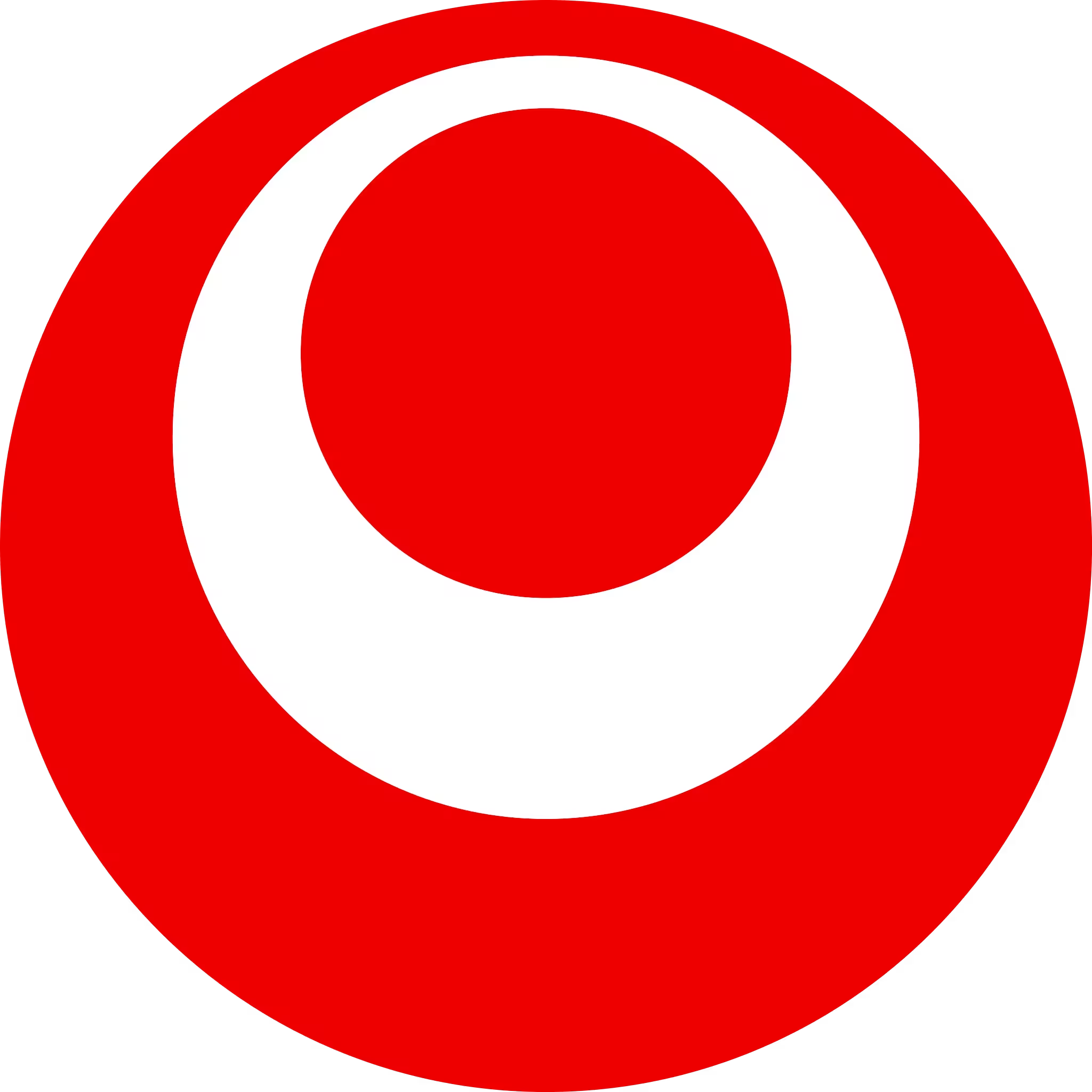One story that we couldn’t keep out of the press and that contributed most to my decision to walk away from my career in 2008 involved Nataline Sarkisyan, a 17-year-old leukemia patient in California whose scheduled liver transplant was postponed at the last minute when Cigna told her surgeons it wouldn’t pay. Cigna’s medical director, 2,500 miles away from Ms. Sarkisyan, said she was too sick for the procedure. Her family stirred up so much media attention that Cigna relented, but it was too late. She died a few hours after Cigna’s change of heart.
Ms. Sarkisyan’s death affected me personally and deeply. As a father, I couldn’t imagine the depth of despair her parents were facing. I turned in my notice a few weeks later. I could not in good conscience continue being a spokesman for an industry that was making it increasingly difficult for Americans to get often lifesaving care.
One of my last acts before resigning was helping to plan a meeting for investors and Wall Street financial analysts — similar to the one that UnitedHealthcare canceled after Mr. Thompson’s horrific killing. These annual investor days, like the consumerism idea I helped spread, reveal an uncomfortable truth about our health insurance system: that shareholders, not patient outcomes, tend to drive decisions at for-profit health insurance companies.


This is exactly why healthcare cannot be a private service. Companies will optimize the patients out of the equation in search of more profit.
The only way it could not be devastating if there was a competing service that had no profit incentive like a public healthcare system.